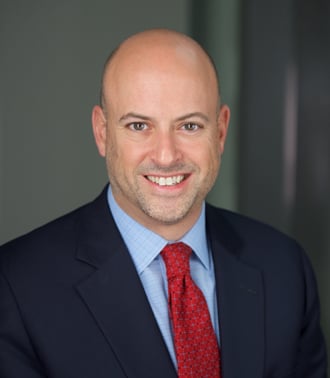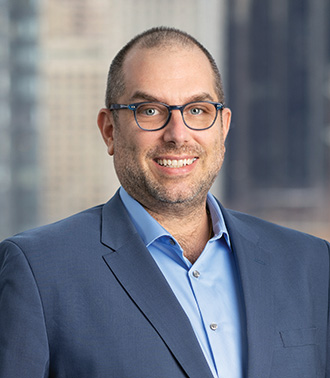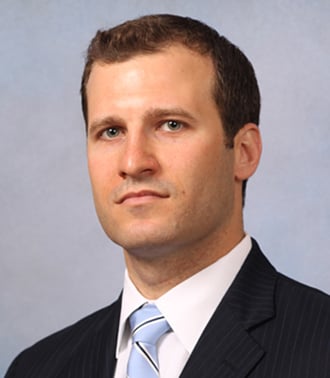Judge Grants Pfizer’s Motion for Summary Judgment in Zoloft MDL
As a result of successfully excluding a series of key expert witnesses over the past two years, longtime client Pfizer secured a summary judgment order in US district court, effectively ending the pharmaceutical company’s Zoloft birth defects multidistrict litigation. On April 5, Pennsylvania federal judge Cynthia Rufe granted Pfizer’s motion for summary judgment on 311 cases, noting that the plaintiffs’ quantity of evidence was not “coterminous with the quality of evidence” and that “[c]ausation must be based upon more than a possibility.”
Judge Rufe’s decision to grant summary judgment follows two extensive Daubert science hearings. Most recently, her December 2 ruling excluding the testimony of plaintiffs’ general causation expert, Nicholas Jewell, PhD. Litigation partner Pamela Yates, who led the Kaye Scholer team, had successfully cross-examined Dr. Jewell and delivered the science closing argument for Pfizer at the close of a three-day Daubert hearing in September 2015. The December 2 ruling followed an earlier scientific-expert witness victory secured in the case when, in June 2014, Judge Rufe’s excluded plaintiffs’ sole human causation expert, epidemiology expert Anick Berard, and three additional experts who improperly relied on animal and in vitro studies in opining on human causation. As with the hearing involving Dr. Jewell, Yates cross-examined
Dr. Berard and delivered the science closing argument, this time after an eight-day hearing.
Experts play an essential role in product liability litigation and since the Supreme Court’s landmark decision in Daubert v. Merrell Dow Pharmaceuticals in 1993, the issues surrounding the admissibility of expert opinion have become increasingly complex and technical. The Kaye Scholer team representing Pfizer is at the forefront of developing and applying Daubert, which requires a defendant to show not that the plaintiff’s expert reached a wrong conclusion, but rather used flawed methods to reach those conclusions.
With Judge Rufe agreeing with arguments to exclude essential expert testimony, plaintiffs were unable to produce any reliable scientific evidence demonstrating that Zoloft causes the injuries they alleged. As a result, Judge Rufe’s ruling concluded by stating “[a]t the end of the day, Plaintiffs have failed to raise a jury question on the necessary predicate to success in any case: that Zoloft was capable of causing their injuries.”
The Kaye Scholer team worked successfully with national counsel, Quinn Emanuel, to land these major Daubert victories that led to the favorable summary judgment for Pfizer. In addition to Yates, the Kaye Scholer litigation team included counsel Bert L. Slonim and associate Aaron H. Levine, as well as partners Andrew K. Solow and Jeffrey H. Horowitz, counsel Julie B. du Pont, associates Daniel Meyers, Jennifer Taiwo, David Giroux and Kathryn Podsiadlo, and case managers Kevin Willett and Albert Cora.







